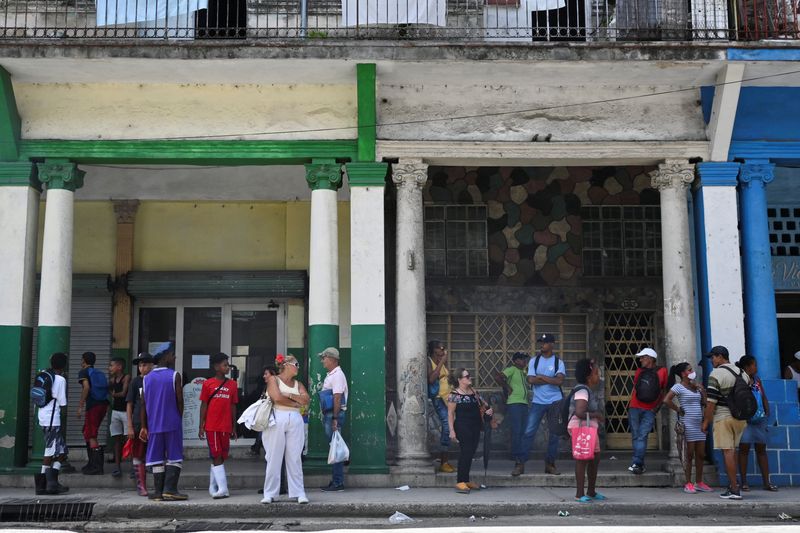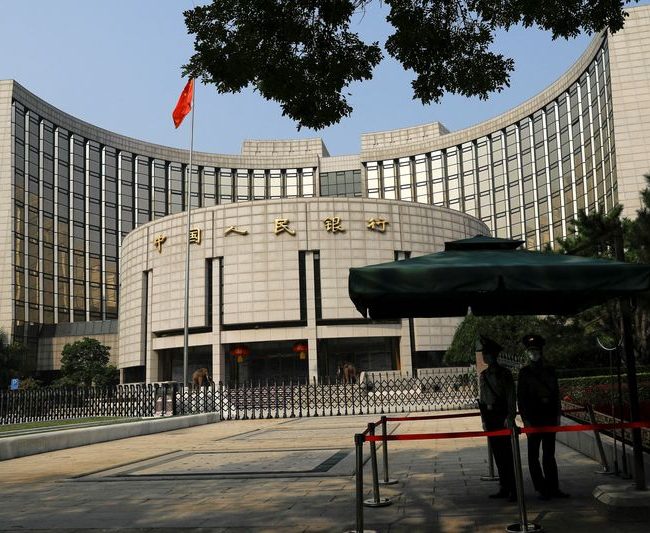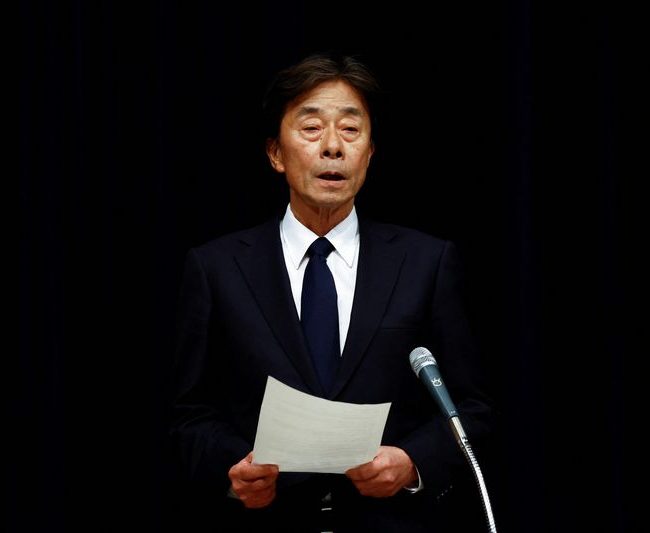
As Cuba-US relations sour, the island needs dollars more than ever

By Marc Frank
HAVANA(Reuters) – Cash-starved Cuba this month opened the first grocery store to accept hard U.S. currency on the island in nearly two decades, the latest sign in a trend towards dollarization in the Communist-run country.
The store, open just a few weeks, garners praise from the lucky few with dollars on an island where, just four years ago, banks stopped accepting cash deposits in greenbacks.
“This supermarket is quite good … but not everyone has the possibility to buy here,” said Yuliani González as she left the white-washed grocery store.
The shop lies in the shadow of a newly built hotel complex near the sea in Miramar, a neighborhood popular with foreign diplomats.
Cubans with access to dollars can also purchase gasoline without waiting in long lines, reserve a rental car or fancy hotel room and soon, top up their cellular data plans.
Cuban officials have said this “partial dollarization,” which kicked off a year ago is tough medicine necessary to fix the island’s economy, devastated, in part, by a Cold War-era U.S. trade embargo and related sanctions.
Relations between Havana and Washington this week took a turn for the worse, when U.S. President Donald Trump reversed a series of last-minute measures taken by the Biden administration that would have made it easier for Cuba to acquire dollars.
That means the dollar crunch is likely to become even more severe, Cuban officials and economists say.
Cuba’s government has said it hopes dollar stores would reap some of the remittances that enter the country, allowing it to use that hard cash to underwrite social programs like free healthcare plus subsidized food, energy and transportation.
Many state-run shops switched to a Cuban version of the greenback in 2004, called the CUC, and then in 2021 began accepting only a digital currency pegged to the dollar, called the MLC, in an effort to raise foreign currency without falling back on the cash dollar.
“The government equivalent of the dollar keeps changing as it runs out of cash to back it up,” Cuban economist Omar Everleny said in an interview. “They need cash quickly.”
“Soon dollar stores across the country will also accept U.S. currency.”
But the growing availability of goods and services in dollars, versus the local peso currency, also underscores growing inequality between those with and without access to remittances and other sources of foreign currency, economists like Everleny say.
Housewife Odisbel Saavedra Hernández said she receives U.S. dollars from her husband abroad to feed her children.
“Here you can find what you do not find in other markets. This one is more stocked. I hope that these markets spread throughout the country, but that other people can also have the same benefit as me,” she said.


